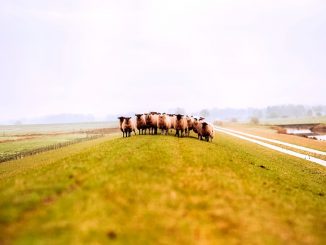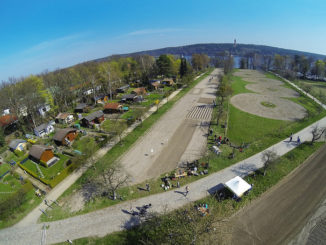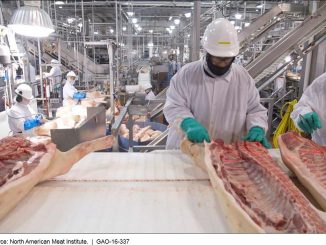
The publication of studies in North Rhine-Westphalia and Lower Saxony late last year which revealed the true extent of antibiotic use in intensive animal production, led to a critical public debate in Germany over the use of antibiotics in animal husbandry. The North Rhine-Westphalia study for example showed that 96 percent of the more than 10 million birds being farmed in the state had been treated with antibiotics.
Further investigation was then carried out by the BUND für Umwelt und Naturschutz Deutschland (Friends of the Earth Germany) who started by sampling antibiotic resistant bacteria in meat. Chicken was purchased in different supermarkets in Berlin, Hamburg, Cologne, Nuremberg and the Stuttgart region, and tested for the so-called MRSA bacteria that is resistant to antibiotics, and ESBL enzymes that can make otherwise harmless bacteria resistant. The findings were presented yesterday at a press conference in Berlin.
The results were alarming: more than half of the samples had MRSA and/or ESBL-producing organisms. These germs can be transmitted during the processing of the meat in kitchens, for example if they are left behind on knives and chopping boards, and can lead to lasting resistance to medicine in humans.
BUND said keeping many animals in a limited space – intensive farming – was only possible with the use of antibiotics. Professor Hubert Weiger from BUND called on German Agriculture Minister Ilse Aigner to limit or even ban industrial animal farming. He called for subsidies for certain farming methods to be scrapped and conditions under which animals are kept to be significantly improved.
Weiger encouraged those who want to action to sign an online petition or attend the ‘Wir haben es Satt’ (we’ve had enough) demonstration taking place in Berlin next weekened.
Further news stories





